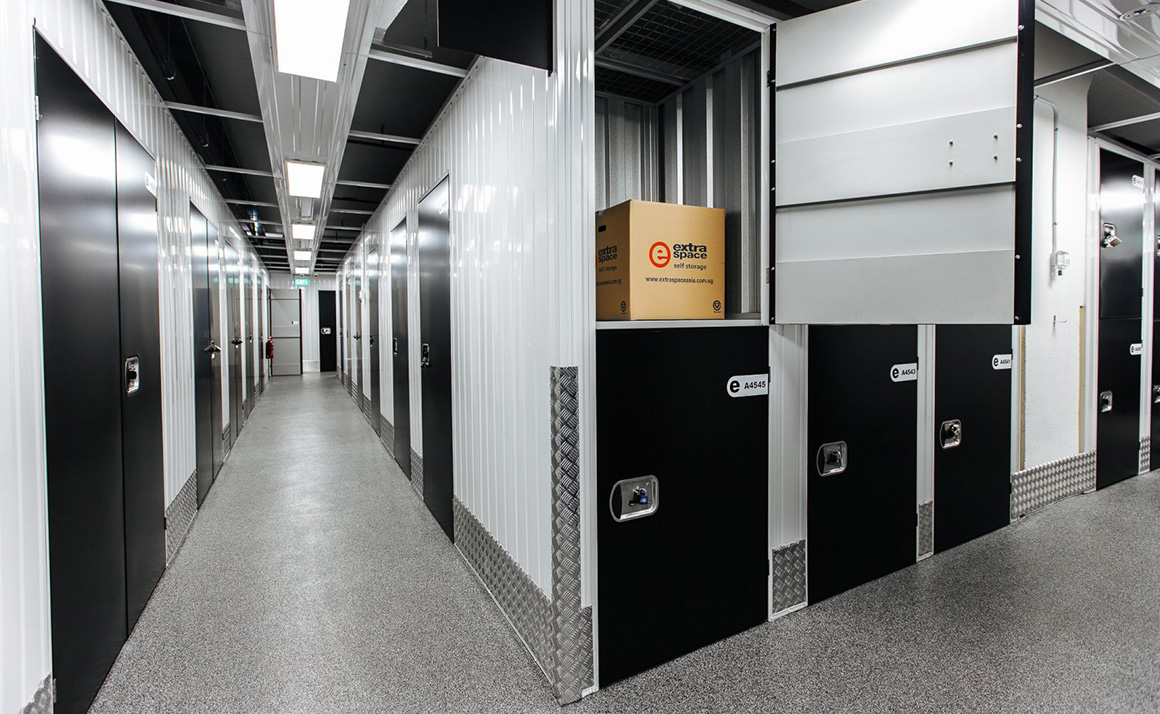
Scaling up self-storage in Asia Pacific
Discover why self-storage is a growing opportunity for real estate investors in Asia Pacific, despite challenges in scaling across diverse urban markets.
Self-storage offers real estate investors the opportunity to capitalise on key market trends in densely-populated Asia Pacific cities, however scaling up and growth across markets remains a challenge.
In growing cities with expensive residential real estate, self-storage offers households somewhere to store everything from excess furniture to winter clothes. And, even though homeworking is less prevalent in this region than in Europe and the US, self-storage has benefitted from the space needs of the home office.
Furthermore, as so many self-storage facilities offer 24/7 access to lockers, they have become popular with online retailers and other small businesses as a place to store inventory on flexible terms.
Self-storage facilities may simply be a converted floor in an industrial building, however some operators prefer larger, purpose-built facilities which can accommodate the sector’s safety requirements, particularly regarding fire safety.
Simon Smith, Regional Head of Research & Consultancy, Asia Pacific at Savills, says: “Self-storage is a sector which fits well with the patterns of urban life in Asian cities. It is also attractive to real estate investors, due to its resilience and relatively low – although important – operational requirements.”
The operational element is an important part of the value of a self-storage business selling to both consumers and businesses. The largest brands tend to offer added-value services such as collecting items for storage or selling packaging.
A number of regional real estate investors have placed capital in the sector by acquiring operators. However, only a handful have been able to scale up at a regional level.
For example, Warburg Pincus-backed StorHub has acquired and developed nearly 500 stores across the region since 2019 and now has operations in Singapore, Japan, Malaysia, South Korea, Mainland China, Hong Kong SAR, and Australia, where it launched operations last year. Warburg Pincus has stated that it plans to grow the business to $5 billion of assets prior to an initial public offering.
Meanwhile, rival Extra Space Asia, owned by CapitaLand Investment and APG Asset Management, recently launched in Japan, forming a JV with Japanese operator Syuno-Pit. Japan is the largest self-storage market in Asia Pacific; Syuno-Pit has nearly 700 facilities across the country, compared with Extra Space Asia’s 80 across the region.
Smith says: “With often small lot sizes, it is painstaking work to build a self-storage business, but there is a lot of potential in acquiring smaller operators which may be limited to a single market.”
Further reading:
Savills Industrial Property Services
Contact us:
Simon Smith



